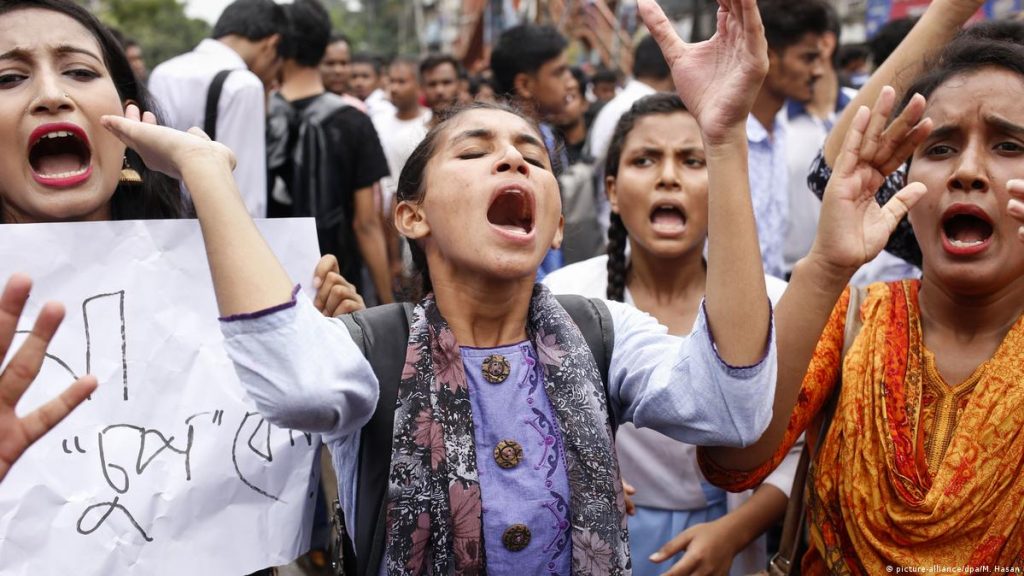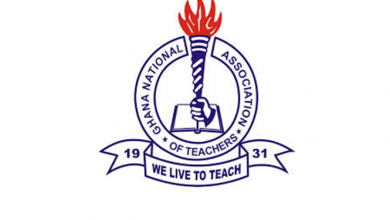Bangladesh students protest recruitment system favoring war heroes’ children

Thousands of university students in Bangladesh are protesting against a recruitment system they claim favors children of war heroes and other specific groups for high-paying government jobs.
The students argue that the system is discriminatory and are advocating for merit-based recruitment.
Currently, a third of the government posts are reserved for the children of those who fought in the 1971 independence war. Additional reservations exist for women, ethnic minorities, and the disabled.
Critics argue that this system disproportionately benefits children of pro-government groups that support Prime Minister Sheikh Hasina, who secured her fourth consecutive election win in January.
Sheikh Hasina is the daughter of Sheikh Mujibur Rahman, Bangladesh’s founding leader.
Earlier this week, protests intensified as students blocked roads and highways in Dhaka and other major cities, halting traffic.
This movement, known as the Bangla Blockade, saw some protesters laying logs on railway tracks in the capital, disrupting train services to northern regions.
Although Bangladesh’s top court temporarily suspended the quota system on Wednesday, the protests are expected to persist until a permanent removal is achieved.
The system had only been reinstated last month by a separate court, after being halted since 2018 following extensive protests.
“We will not return to classrooms until our demand is met,” protest leader Rasel Ahmed told AFP. Another protester told BBC Bangla, “My demand is not to cancel the system.

My demand is for quota reform,” while another student emphasized the need for a “permanent solution.”
Government jobs in Bangladesh are highly sought after due to their lucrative pay. Currently, more than half of these positions, which amount to hundreds of thousands, are reserved for specific groups.
Prime Minister Hasina recently condemned the protests, saying students were “wasting their time” and asserting there was “no justification for the anti-quota movement.”
Bangladesh, once among the world’s poorest countries, is now one of Asia’s fastest-growing economies.
Its per capita income has tripled in the past decade, with the World Bank estimating that over 25 million people have been lifted out of poverty in the last twenty years.
However, the country’s economy faced significant turmoil in mid-2022 due to the pandemic and the global economic slowdown.
Source-BBC





